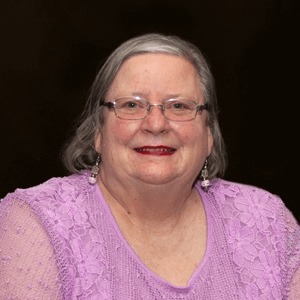Complementary Therapies in Nursing and Midwifery
Complementary therapies are a form of health treatments that aren't typically found in conventional (Western) medicine. Ayurveda, Acupuncture, homoeopathy, aromatherapy, biofeedback, hypnosis, massage therapy, relaxation techniques, nutritional supplements, energy work, and traditional healing are examples of these treatments. Midwives should not only understand the benefits and drawbacks of complementary and alternative medicine (CAM), but they must also be able to communicate with women about the effectiveness and potential risks of these procedures. Given the growing use of complementary and alternative medicine (CAM) in the field of midwifery, medical organizations should develop relevant guidelines for employing these medications in midwifery, particularly for maternity care.
CAM (Complementary and alternative medicines)

Nina Beaman
Aspen University, United States
Patricia M Burrell
Hawaii Pacific University, United States
David John Wortley
International Society of Digital Medicine, United Kingdom
Mirjana Markovic
South University, United States
Liz King
The Open University, United Kingdom
Fabiola Sevilla Perez
University College of London Hospital, United Kingdom



Title : Nursing competence: Building the nursing interactive field in BSN students
Patricia M Burrell, Hawaii Pacific University, United States
Title : Research activity in emergency departments: A literature review of its impact on quality of care and patient satisfaction
Fabiola Sevilla Perez, University College of London Hospital, United Kingdom
Title : Factors influencing sustainability of newly qualified nurses in emergency departments: A literature review on stable workforce and retention
Bobby Garcia, University College London Hospitals NHS Foundation Trust, United Kingdom
Title : Internet addiction and its effects on life style of the adolescents
Purnima Bejoy, GCON, India
Title : The mediating role of fear of contagion in the effect of nursing students perceptions of infectious diseases on their care behaviors
Ozcan Erdogan, Bezmialem Vakif University, Turkey
Title : Emotional intelligence approach in the digital era
Sofica Bistriceanu, EPCCS, APHC, Romania